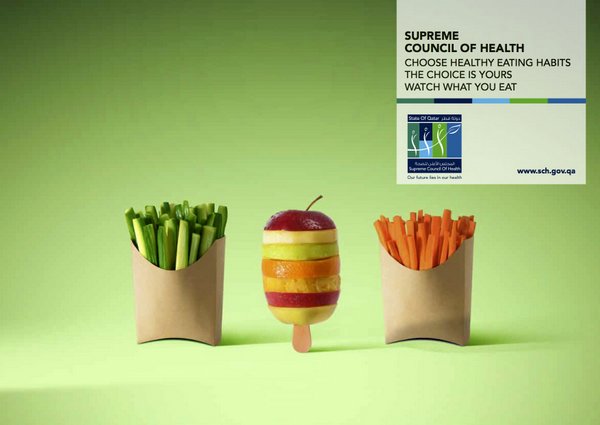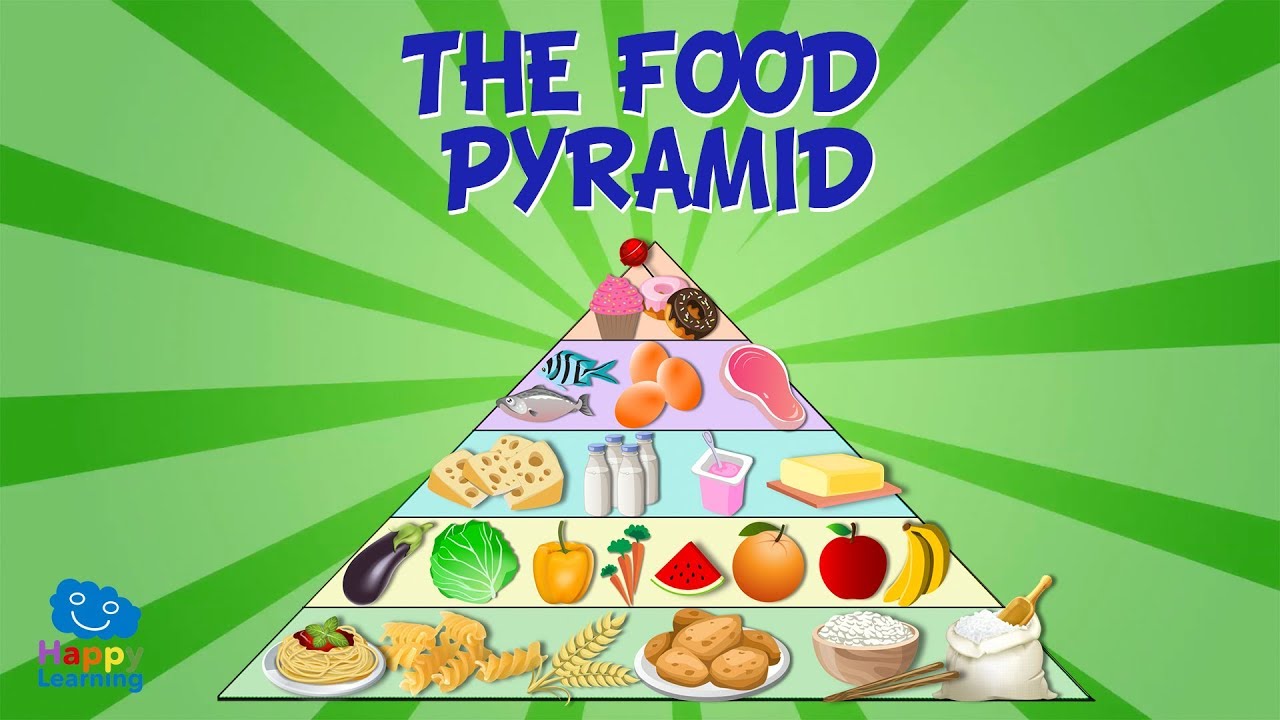
A key part of reaching your athletic goals is selecting the right sports nutrition plan. It is crucial to eat a balanced and nutritious diet. It's common to assume that carbohydrates are essential for athletes, but they're the most important component of a balanced diet. A healthy balance of carbohydrates, protein, and fats will fuel you and help you reach your goals.
Athletes should eat meals at least three hours before a competition or exercise, in order to allow their bodies to digest the food and minimize any gastrointestinal upset. It is vital to eat a healthy diet with plenty of carbohydrates, proteins, and fat. You should also limit your intake of starchy veggies and junk food. A balanced diet of whole grains, lean meats, fruits, veggies, and whole grains is essential for good sports nutrition. These foods provide great nutrition, but aren't good for calories.

Carbohydrates are the most important food an athlete should eat before competing in an event. They're the main source of energy, and foods rich in carbohydrates include milk, bread, cereal, grains, and fruit and vegetables. It is best to eat carbohydrates in small amounts and to avoid high-fat, high-protein meals. The best results are achieved by eating a high-carbohydrate dinner at least two hour before an event.
The ideal diet for athletes should be rich in complex carbohydrates as well as healthy fats. A balanced diet should consist of between 45 and 66% carbohydrates, 25% to 35% fat, 10% to 30% proteins, and 25% to 30% to 30% calories. It is vital to drink enough water before, during, or after a sport. The right food at the right time will maximize your performance and reduce muscle damage due to oxidative stress. Athletes should eat a healthy diet and take supplements to aid in recovery.
The ideal diet for athletes is one that includes both carbohydrates and fats. In the digestive process carbohydrates are converted into glucose, which is the body’s primary energy source. It is then converted into glycogen, which is a type fat that is stored in muscles tissue. This is an important source of energy for athletes during their workouts. Athletes can boost their glycogen levels by eating carbohydrates and fatty foods prior to and after events. This will help them avoid dehydration.

Athletes should drink sufficient water, in addition to consuming adequate amounts of dietary fiber. For optimal health, athletes need to be well hydrated. To sustain its activities and keep it hydrated, the body must have adequate sodium and fluids. This is the best way to avoid muscle cramps, and improve performance. Athletes need to ensure that their diet is balanced with their training. In the case of endurance athletes, this is not easy. It may also cause headaches, cramps, and other symptoms.
FAQ
How many times per week do I need to exercise?
It all depends on your time and the type of exercise that you enjoy. A general guideline would be moderate-intensity aerobic exercise 3 - 5 days a week. It's important that you don't overdo it. Consistent exercise is essential to achieving maximum benefit from your workouts.
Which exercises are best suited for me?
It really depends on the type of fitness goal you have. Some people prefer endurance sports like swimming, cycling, or running. Some people enjoy lifting weights and using resistance bands. There are many types of exercise programs today. Find the best option for you.
What kind of food should I avoid when trying to lose weight?
Avoid foods that contain trans fats. Trans fats raise LDL (the bad) cholesterol levels and reduce HDL (the good) cholesterol levels.
Trans fats are found in deep-fried foods, fast food, packaged baked goods, snack cakes, and other processed foods.
These unhealthy fats cause inflammation which leads to heart disease, diabetes, and other health problems.
Foods containing artificial sweeteners should also be avoided. Artificial sweeteners may increase your chance of getting cancer.
These chemicals are found in many products, including soft drinks, candy bars, chewing gum, as well as candy bars. They are also found in poultry, eggs, meat and fish.
Artificial sweeteners are saccharin (cyclamate), sorbitol and aspartame.
The American Heart Association recommends that these chemicals be avoided as they can damage DNA.
Egg is good for you?
All nutrients are contained in the egg. It is also good for maintaining strong bones, healthy heart and lungs, as well as stable blood pressure.
Eggs are an excellent source protein, vitamins A,B12, D E, K and calcium. They also contain vitamin B12, D-E, K, calcium and phosphorus.
The egg yolk has high cholesterol. However, it does not contain saturated fat. Eggs are lower in saturated fat than other foods.
They are also low in calories and sodium. You can make them in any way you like. You can fry, poach, scramble, boil, hard-boil, and bake them.
They are very healthy and simple to make.
Each day, you should consume at least 2 whole eggs. You should eat eggs if you are allergic to them.
Essential nutrients are provided by eggs. Add eggs to your diet today.
Do Men Need A Gym Membership?
For men, a gym membership is not required. However, your money will be more valuable if you join a gym.
Most gyms offer free trial memberships, allowing you to try out the facilities before paying any fees.
You can use the gym whenever you like, and it won't cost anything. Your membership can be cancelled at any time you choose to love it or not.
Do I have to exercise every single day?
No! Do at least 30 minutes of moderate intensity physical activity five days a week. This could be walking fast enough so you feel slightly out breath or cycling hard enough to sweat.
Statistics
- According to the American Heart Association, blood pressure should be checked at least once every two years, beginning at age 20. (my.clevelandclinic.org)
- Are You One of the 20% of Guys (mh.co.za)
- 10 pounds in a month is likely during a lean bulking phase, especially for beginners. (muscleandstrength.com)
- Get free shipping and 25% off today. (healthline.com)
- Candidates and applicants must pass all four tests at 70% (minimum level) to graduate from Basic Deputy U.S. Marshal (BDUSM) Training. (usmarshals.gov)
External Links
How To
What nutrients does a man need daily?
For healthy growth and development, men need to eat a balanced diet. Your body needs vitamins, minerals and nutrients as well as carbohydrates, proteins, fats, carbohydrate, fiber, and other essential components.
Specific nutrients are also required by the male body at different times during the day. You can see that your body uses energy to make hormones. When you wake up, your body uses protein to repair damaged tissue and build muscles.
Your body burns fat at night and stores it as energy as glycogen. During this time, your body needs fewer calories but still needs sufficient nutrients. You might have an occasional snack during the night if your stomach is feeling hungry.
You need to eat enough carbs and protein when you exercise. Muscle soreness can occur if you work out hard.
To prevent this, you should eat carbs as well as protein within the first two hours after training. To provide energy, your body will begin to break down stored glycogen.
Additionally, it is important to eat protein right away after your workouts are over. This will prevent muscle tissue from being damaged while you sleep.
During periods of intense physical activity, your body produces lactic acid. It is a form of lactic acid that builds up in the bloodstream. This causes fatigue. This can be avoided by eating foods high in carbohydrates like fruits and vegetables.
Carbohydrates give your body the energy it needs to recover from strenuous exercise.
You may also want to include lean meats and fish, as well as yogurt, cheese, yogurt, beans and nuts in your diet.
All these foods are high-quality sources of protein. Protein is important for muscle growth and repair. Protein provides the amino acid your body needs for testosterone and sexhormone production.
A healthy skin, nails and joints requires sufficient dietary fats. Healthy men need between 20% - 35% of the total caloric intake to be fat.
Fat protects your heart from cancer and keeps it strong. It keeps your brain healthy and functioning well.
Vegetable oils such as sunflower oil and soybean oil can provide most of your fat needs.
These oils have high amounts of monounsaturated oil fatty acids, (MUFAs). MUFAs lower cholesterol and decrease inflammation. They protect your cells from damage by free radicals.
Saturated fats are found in animal products including meat, dairy products, butter and other dairy products. SFAs can raise LDL ("bad") cholesterol levels and increase triglycerides. They promote weight gain as well as belly fat.
Polyunsaturated oil (PUFAs), which are plant-based, can be found in vegetable oils, nuts seeds, grains, and other plant-based products. PUFAs reduce inflammation and improve cardiovascular function. They also reduce blood sugar, cholesterol, and other inflammatory factors.
Low HDL ("good") cholesterol can lead to erectile problems in men. High consumption of saturated fats increases bad cholesterol, which lowers the level of good cholesterol.
Men who eat a lot of red meat or pork develop prostate problems because they contain large amounts of nitrates. High temperatures can cause nitrates to become nitrosamines. These compounds can cause cancer.
Most processed meats contain nitrites and other harmful chemicals. Avoid them completely.
According to the American Heart Association, you should limit your consumption of red meat to no more that 2 meals per week. Choose poultry, fish and legumes instead.